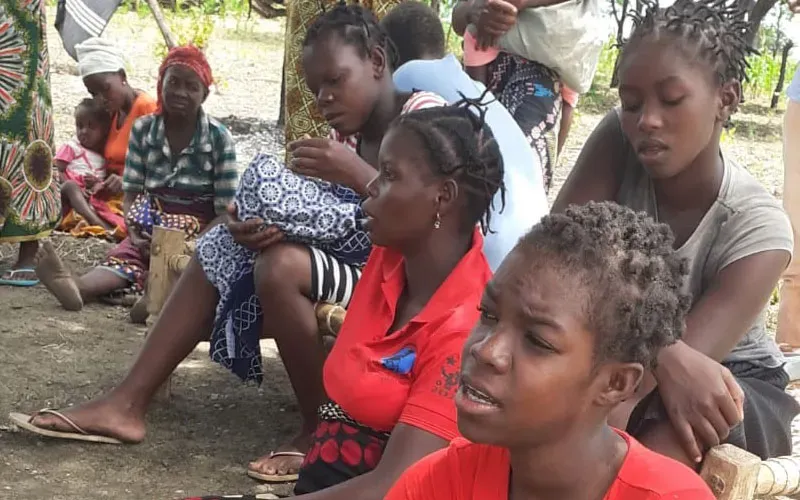Maputo, 02 April, 2022 / 7:30 pm (ACI Africa).
Militants operating in Mozambique’s Cabo Delgado Province have launched fresh attacks in the province, this time targeting a region close to a military base in the country, Denis Hurley Peace Institute (DHPI) has reported.
Local sources informed the peace entity of the Southern African Catholic Bishops’ Conference that they fled their villages in Macomia, a city located in Cabo Delgado, when they heard heavy gunfire on the night of March 24.
“Since 18:00 there were shots and we all went to sleep in the woods,” an inhabitant told DHPI from a hideout at a time that the charity says there was still no official information on the situation.
“The same source said that the shots began to be heard from the area where the Mozambican armed forces and the SAMIM (Southern African Development Community Mission in Mozambique) troops from the Southern African Development Community (SADC) countries, are based,” DHPI says in a report shared with ACI Africa on Thursday, March 31.
“The escape of the population was justified with the fears that armed rebels could return to the village and district office, as happened in 2020, although there are currently troops guarding the area,” the charity foundation reports.








